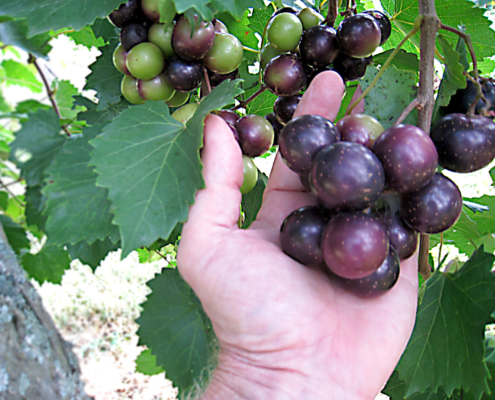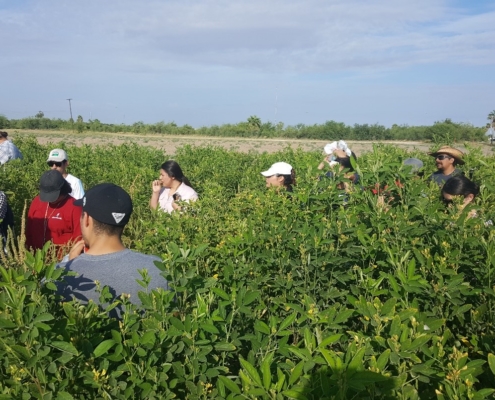 https://attra.ncat.org/wp-content/uploads/2022/02/MissionTXpeapigeonresearch.jpg
805
1430
NCAT IT
/wp-content/uploads/2022/06/ATTRAlogo_RGB-340x156.png
NCAT IT2022-07-19 16:22:332024-02-26 10:53:28Pigeon Pea (Cajanus cajun): A Cover Crop for Hot and Humid Areas
https://attra.ncat.org/wp-content/uploads/2022/02/MissionTXpeapigeonresearch.jpg
805
1430
NCAT IT
/wp-content/uploads/2022/06/ATTRAlogo_RGB-340x156.png
NCAT IT2022-07-19 16:22:332024-02-26 10:53:28Pigeon Pea (Cajanus cajun): A Cover Crop for Hot and Humid Areas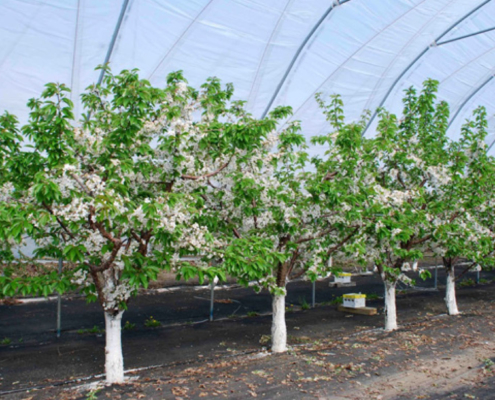 https://attra.ncat.org/wp-content/uploads/2022/02/cover-photo.jpg
1094
1733
NCAT IT
/wp-content/uploads/2022/06/ATTRAlogo_RGB-340x156.png
NCAT IT2022-07-14 16:28:422024-02-20 15:16:21High Tunnel Tree Fruit and Grape Production for Eastern Growers
https://attra.ncat.org/wp-content/uploads/2022/02/cover-photo.jpg
1094
1733
NCAT IT
/wp-content/uploads/2022/06/ATTRAlogo_RGB-340x156.png
NCAT IT2022-07-14 16:28:422024-02-20 15:16:21High Tunnel Tree Fruit and Grape Production for Eastern Growers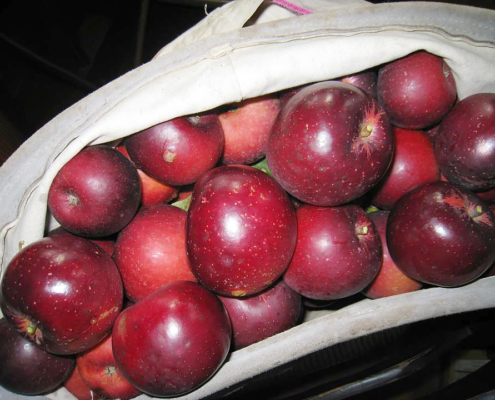 https://attra.ncat.org/wp-content/uploads/2022/04/image7.jpg
720
960
NCAT IT
/wp-content/uploads/2022/06/ATTRAlogo_RGB-340x156.png
NCAT IT2022-07-12 10:01:172024-05-29 14:42:48Apples: Organic Production Guide
https://attra.ncat.org/wp-content/uploads/2022/04/image7.jpg
720
960
NCAT IT
/wp-content/uploads/2022/06/ATTRAlogo_RGB-340x156.png
NCAT IT2022-07-12 10:01:172024-05-29 14:42:48Apples: Organic Production Guide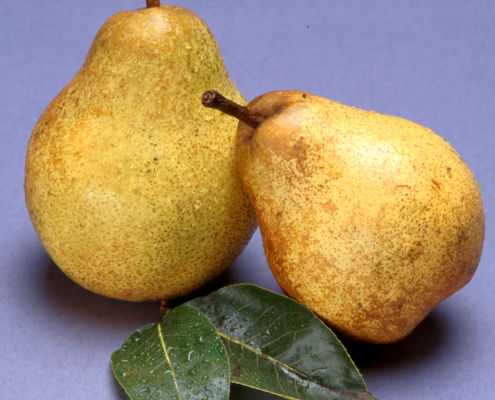 https://attra.ncat.org/wp-content/uploads/2022/03/blakes-pride-pear.jpg
1312
1200
NCAT IT
/wp-content/uploads/2022/06/ATTRAlogo_RGB-340x156.png
NCAT IT2022-06-29 14:59:002024-03-25 12:48:54Pears: Organic Production
https://attra.ncat.org/wp-content/uploads/2022/03/blakes-pride-pear.jpg
1312
1200
NCAT IT
/wp-content/uploads/2022/06/ATTRAlogo_RGB-340x156.png
NCAT IT2022-06-29 14:59:002024-03-25 12:48:54Pears: Organic Production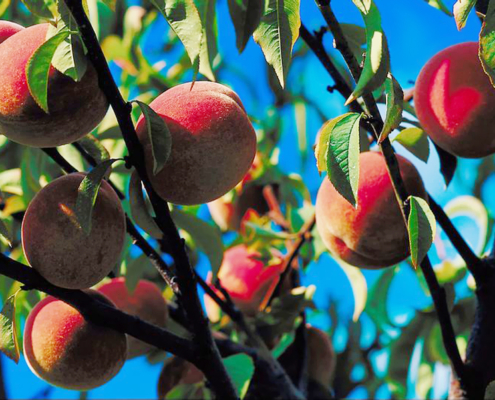 https://attra.ncat.org/wp-content/uploads/2022/01/peaches.jpg
601
900
NCAT IT
/wp-content/uploads/2022/06/ATTRAlogo_RGB-340x156.png
NCAT IT2022-06-28 16:15:322024-03-25 10:30:45Peaches: Organic and Low-Spray Production
https://attra.ncat.org/wp-content/uploads/2022/01/peaches.jpg
601
900
NCAT IT
/wp-content/uploads/2022/06/ATTRAlogo_RGB-340x156.png
NCAT IT2022-06-28 16:15:322024-03-25 10:30:45Peaches: Organic and Low-Spray Production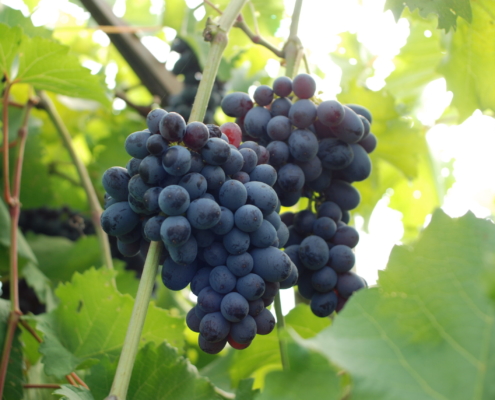 https://attra.ncat.org/wp-content/uploads/2021/11/01_Faith-grapes-scaled-1.jpg
1714
2560
Amy Smith
/wp-content/uploads/2022/06/ATTRAlogo_RGB-340x156.png
Amy Smith2022-06-27 09:53:432023-02-08 14:45:47High Tunnel Grapes: Establishment
https://attra.ncat.org/wp-content/uploads/2021/11/01_Faith-grapes-scaled-1.jpg
1714
2560
Amy Smith
/wp-content/uploads/2022/06/ATTRAlogo_RGB-340x156.png
Amy Smith2022-06-27 09:53:432023-02-08 14:45:47High Tunnel Grapes: Establishment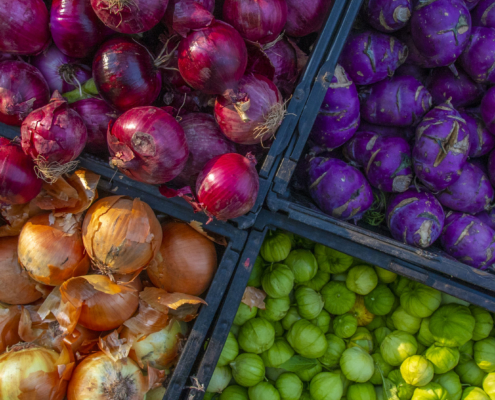 https://attra.ncat.org/wp-content/uploads/2021/09/CoronaFarmersMarket-QueensNewYork-USDAFlickrCC-e1663790482848.jpg
1365
1367
NCAT IT
/wp-content/uploads/2022/06/ATTRAlogo_RGB-340x156.png
NCAT IT2022-06-23 17:34:552022-12-28 09:20:39Tutorial: Produce Safety
https://attra.ncat.org/wp-content/uploads/2021/09/CoronaFarmersMarket-QueensNewYork-USDAFlickrCC-e1663790482848.jpg
1365
1367
NCAT IT
/wp-content/uploads/2022/06/ATTRAlogo_RGB-340x156.png
NCAT IT2022-06-23 17:34:552022-12-28 09:20:39Tutorial: Produce Safety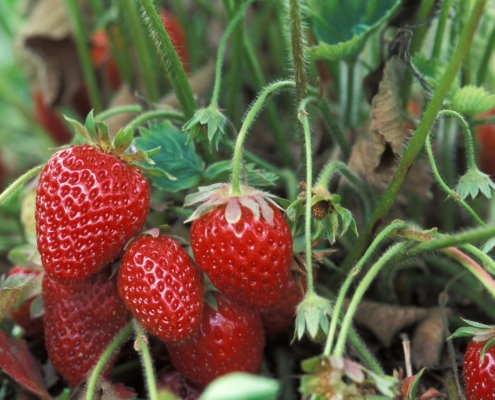 https://attra.ncat.org/wp-content/uploads/2021/05/strawberries-usda-ars-scaled-1.jpg
1676
2560
NCAT IT
/wp-content/uploads/2022/06/ATTRAlogo_RGB-340x156.png
NCAT IT2022-06-23 16:40:002024-04-09 15:46:29Strawberries: Organic Production
https://attra.ncat.org/wp-content/uploads/2021/05/strawberries-usda-ars-scaled-1.jpg
1676
2560
NCAT IT
/wp-content/uploads/2022/06/ATTRAlogo_RGB-340x156.png
NCAT IT2022-06-23 16:40:002024-04-09 15:46:29Strawberries: Organic Production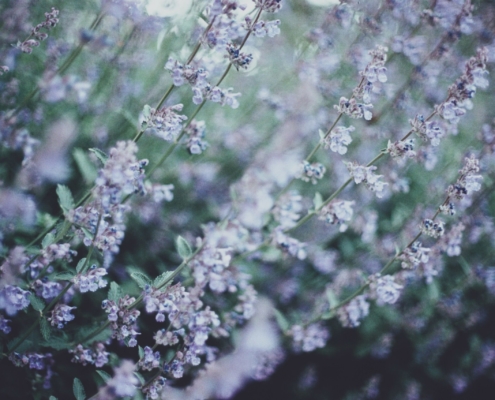 https://attra.ncat.org/wp-content/uploads/2021/12/florencia-viadana-scaled-1.jpg
1707
2560
NCAT IT
/wp-content/uploads/2022/06/ATTRAlogo_RGB-340x156.png
NCAT IT2022-06-23 16:02:082023-10-20 14:44:15Lavender Production, Markets, and Agritourism
https://attra.ncat.org/wp-content/uploads/2021/12/florencia-viadana-scaled-1.jpg
1707
2560
NCAT IT
/wp-content/uploads/2022/06/ATTRAlogo_RGB-340x156.png
NCAT IT2022-06-23 16:02:082023-10-20 14:44:15Lavender Production, Markets, and AgritourismFreshly Picked
NCAT Websites
Get Help
Ask an Ag Expert
Call us: 1-800-346-9140
Visit the Forum
Don’t Miss!
National Center for Appropriate Technology
Helping people build resilient communities through local and sustainable solutions that reduce poverty, strengthen self-reliance, and protect natural resources.

